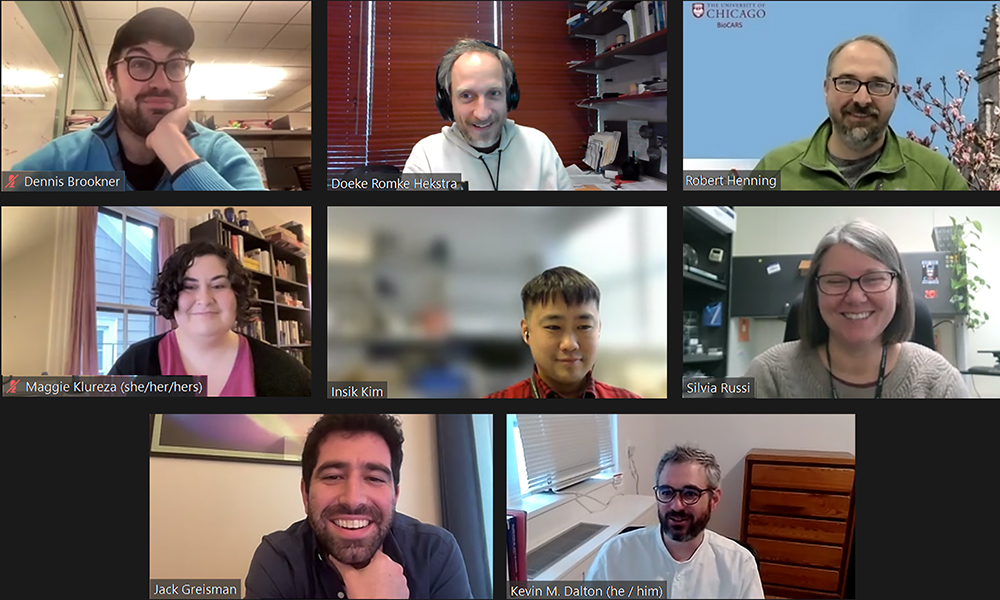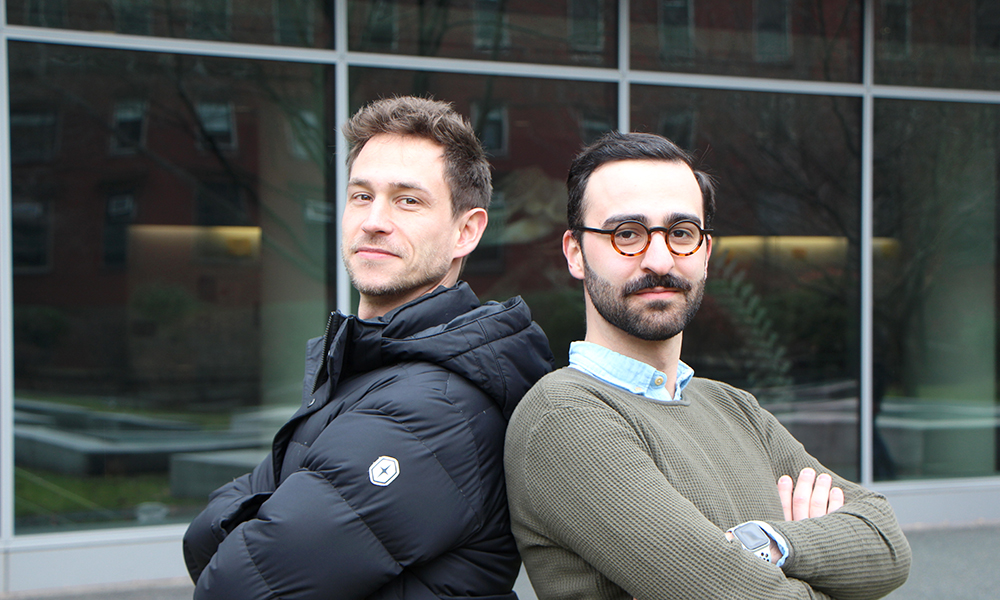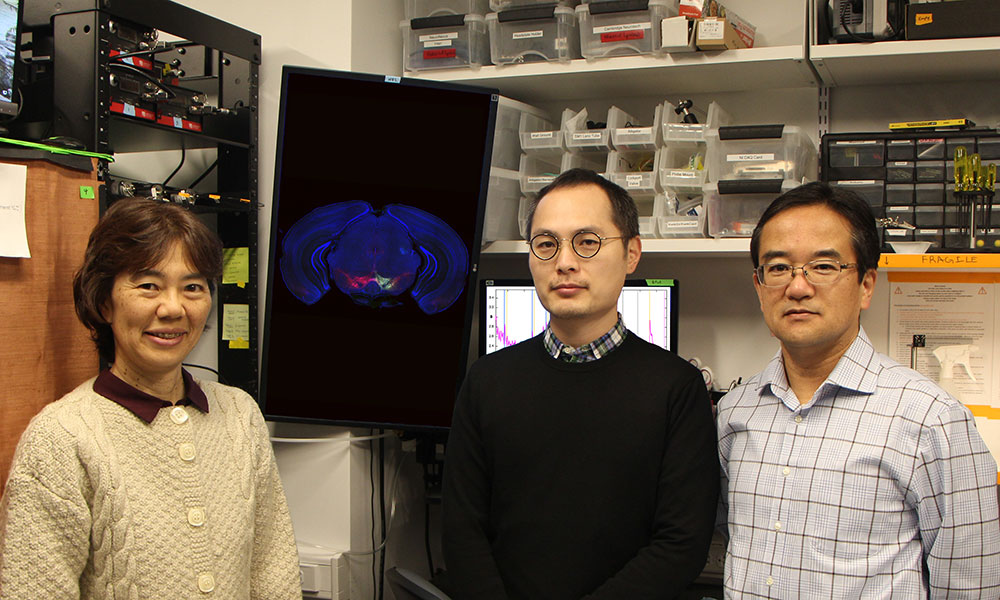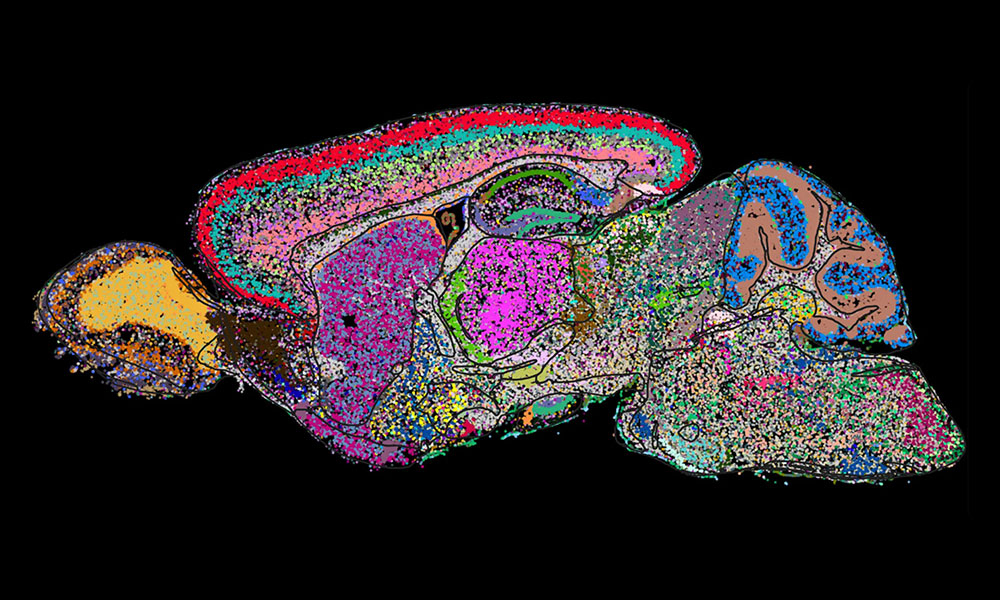Many functional RNAs such as tRNAs or rRNA adopt 3D structures that are specific to their distinct functions and conserved across species. As with proteins, the determination of…
Tag: Publication
Electron Microscopy Snapshots Reveal the Inner Workings of an Insect Fructose Receptor [Gaudet Lab]
Insects affect human lives both positively and negatively, therefore understanding how they interact with their surroundings can help us better manage their effects on our lives. Gustatory receptors…
How a “Spot the Difference” Technique Illuminates the Wiggling of Proteins
It’s common to speak of “the structure of a protein,” but proteins are dynamic molecules that move and shapeshift. A protein can be described as 1-dimensional polymer –…
Nature Over Nurture: Functional Neuronal Circuits Emerge in the Absence of Developmental Activity [Engert Lab]
Understanding how functional neuronal circuits are established during development is a fundamental challenge in neuroscience. During development, the complex neuronal circuitry of the brain arises from limited information…
How Neuron Types Work Together to Process Punishment and Reward [Uchida Lab]
As they navigate their environment, animals readily learn to repeat actions which yield reward and avoid actions which cause punishment. This kind of learning is especially efficient when…
MCB Sanes Lab Is One of Six Harvard Labs Contributing to Cell Census Network
MCB faculty Joshua Sanes is part of a coalition of scientists who are attempting to map and characterize all of the cell types present in mammalian brains. His…
Giri Anand’s Curiosity Unlocks New Info on How Cells Behave [Ramanathan Lab]
Giri Anand’s path to studying biology started when he first got his hands on a copy of James Watson’s “Double Helix” as an AP Biology student at Newton…
Plants Repurpose a Textbook Enzyme to Build Neuroactive Medicines [Nett Lab]
Plants are well known for their ability to produce molecules that affect human cognition, including many drugs for treating neurological disease. However, we understand relatively little about how…
DNA Folding Choices Made in Stem Cells Determines How Genes are Expressed in the Brain [Whipple Lab]
A new study led by MCO graduate student Daniel Loftus of the Whipple Lab has found that differences in maternal and paternal genomes in embryonic stem cells shape…
To Sting or Not to Sting: How Changes to an Ion Channel Shape Sea Anemone Stinging [Bellono Lab]
Sea anemones are known for stinging, but not all anemones sting alike. By comparing two related anemones, the Bellono Lab has identified a small change in how a…











